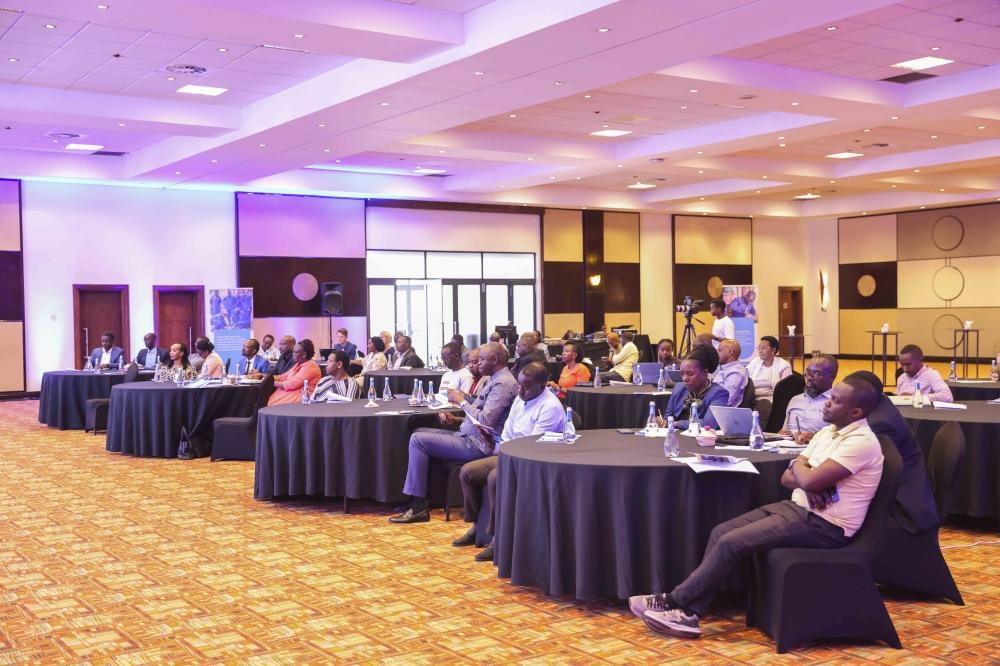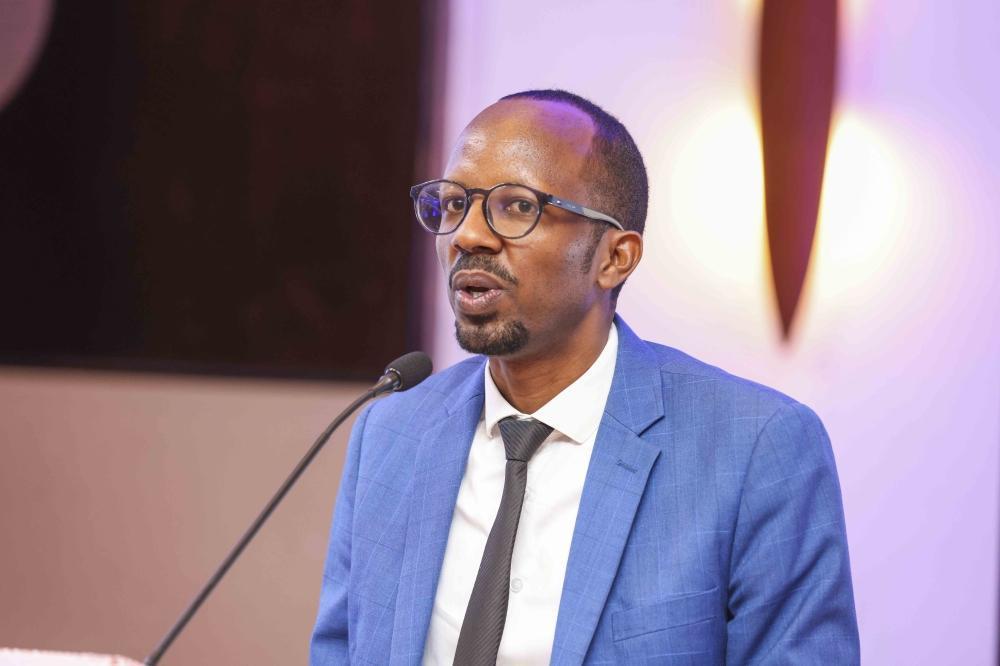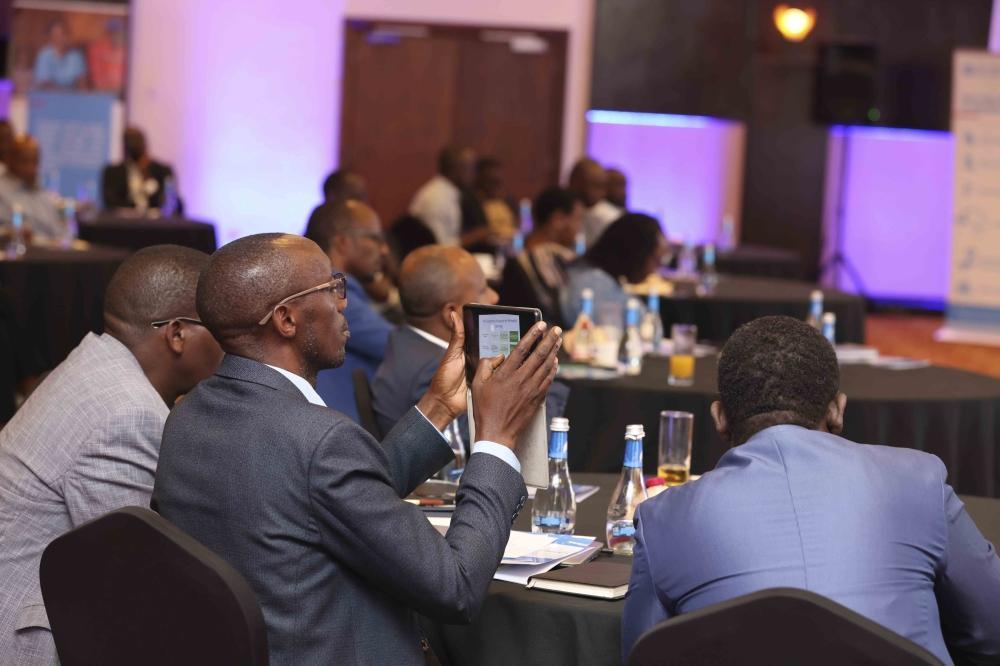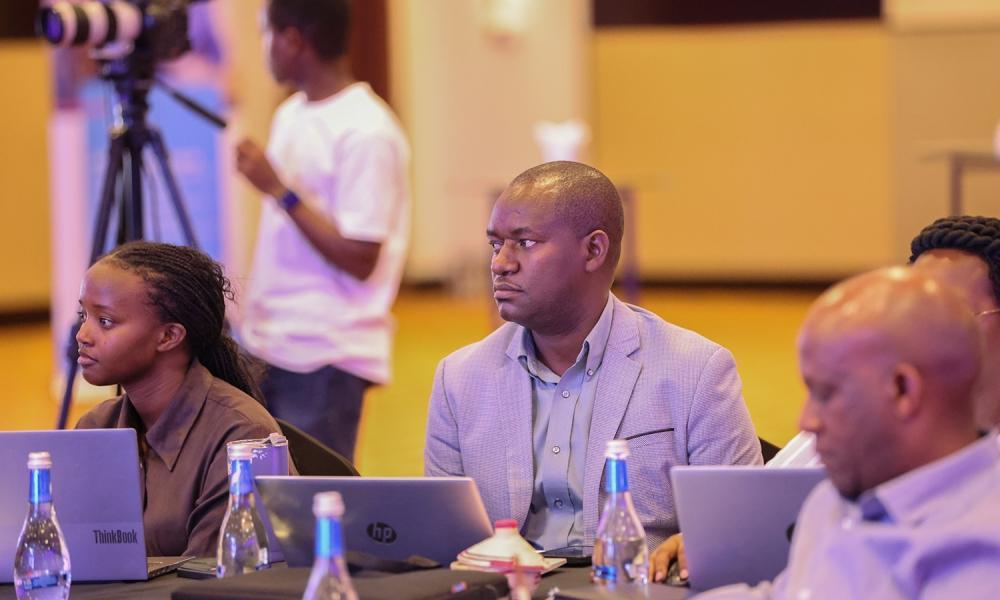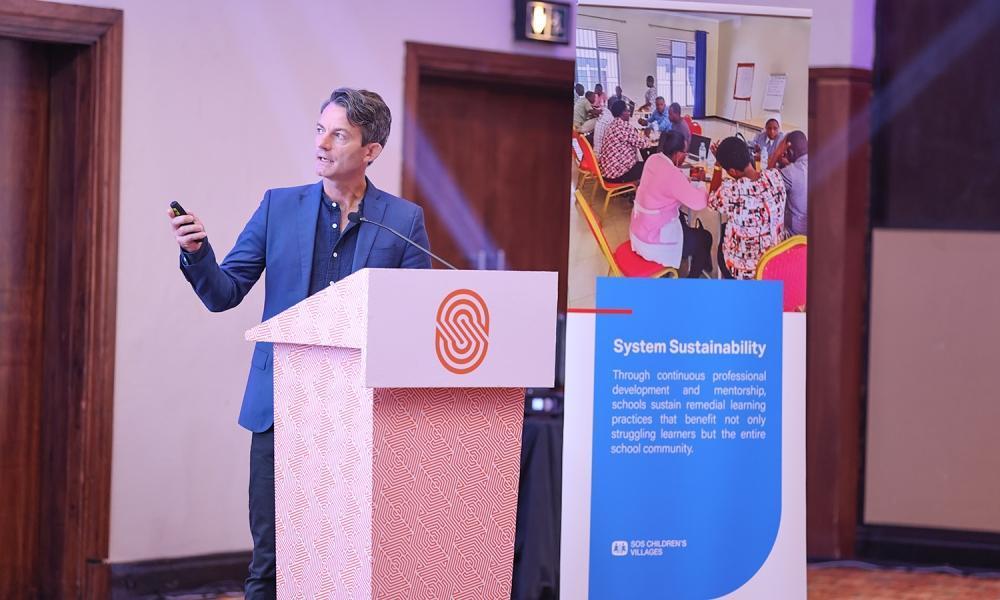Africa-Press – Rwanda. Over the past four years, SOS Children’s Villages in Rwanda in partnership with SOSChildren’s Villages Denmark and the Hempel Foundation, implemented the Kura Umenye remedial learning programme across eight districts in Rwanda.
This initiative has reached more than 27,500 children who face challenges in foundational literacy and numeracy, particularly those affected by socio-economic hardship and disrupted learnings.
The COVID-19 pandemic further widened learning gaps, especially among early grade learners making remedial education a national priority. The Kura Umenye Remedial Learning programme has also equipped over 480 teachers and facilitators with competency-based remedial teaching methodologies while engaging over 26,900 caregivers to foster supportive home learning environments.
To ensure a systematised and scalable approach to learning recovery, SOS Children’s Villages in Rwanda together with the Rwanda Basic Education Board (REB) officially launched the National Remedial Learning Program Guide at a high-level event. The guide is going serve as a key policy and implementation tool to harmonise remedial learning practices in line with Rwanda’s national curriculum.
This event offers a strategic platform for government institutions, development partners, NGOs and CSOs to share experiences, showcase best practices and strengthen collaboration towards inclusive and equitable education for all children in Rwanda.
The National Director of SOS Children’s Villages in Rwanda, Jean-Bosco Kwizera, delivers his remarks during the conference. Courtesy
During his remarks, Jean-Bosco Kwizera, National Director of SOS Children’s Villages in Rwanda, highlighted that the Remedial Learning Program demonstrates how every child can perform well in school when growing up in a stable family environment.
“Through our Remedial Learning Program, we have witnessed that every child has the potential to succeed academically when nurtured in a stable and caring family environment. As a childcare organisation, we have created safe and supportive spaces for children in the program, enabling most of them to achieve positive results in school. We also work closely with families to address challenges that may affect the children’s well-being and overall development,” noted Kwizera.
Kwizera emphasised the shared responsibility to support children and young people without or at risk of losing parental care, as well as people with disabilities, in accessing education.
“This is an opportunity to share experiences and advocate for children and young people’s right to education,” he added.
Charles Karakye, Permanent Secretary at the Ministry of Education, appreciated the introduction of remedial learning in Rwandan schools. He noted that this is a valuable intervention and expressed hope that the National Remedial Learning Program Guide will strengthen education for all learners.
“We deeply appreciate the efforts of the Humpel Foundation, SOS Children’s Villages in Rwanda and SOS Children’s Villages in Rwanda for supporting children in situations of vulnerability. The Remedial Learning Program has provided valuable insights and strengthened education for children who are still facing challenges in their daily learning journey,” Karakye said.
He added that remedial learning is one of the most effective ways to help close the learning gap for children who are struggling in schools.
Remedial learning – key facts
27,500 children supported to overcome challenges in foundational literacy and numeracy.
480 teachers equipped with skills and tools to deliver remedial learning.
26,900 caregivers engaged to foster supportive home learning environments.
Participants follow a presentation at the conference.
For More News And Analysis About Rwanda Follow Africa-Press

